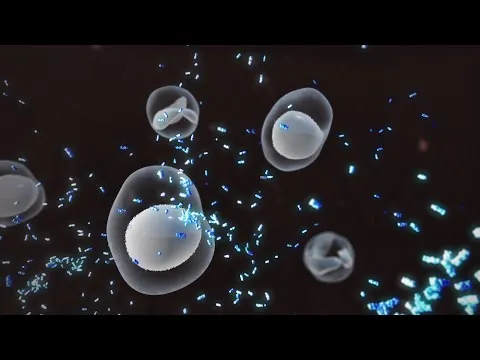Lupus is a chronic autoimmune disease when the body's immune system becomes hyperactive and attacks normal, healthy tissue. This leads to symptoms for example inflammation, swelling, and damage to lungs, skin, kidneys, blood, the heart, and joints.
Under standard function, the immune system makes proteins called antibodies as a way to protect and fight against antigens including viruses and bacteria.
Lupus makes the immune system unable to differentiate between antigens (a material with the capacity of inducing a specific immune response) and healthy tissue. The immune system is led by this to direct antibodies against the healthy tissue - not simply antigens - causing tissue damage, pain, and swelling.
Any part of the body can be affected by lupus as it's an array of clinical manifestations affecting the skin, joints, brain, lungs, kidneys, blood vessels and other internal organs
Here are a few key points about lupus. Supporting information and more detail is in the main article.
Lupus is an autoimmune disease, caused by difficulties in the immune system of the body. It can be mild or life threatening.
Lupus isn't contagious.
The kind that we refer to just as lupus is known as systemic lupus erythematosus or SLE.
Other types of lupus include discoid (cutaneous), drug-induced, and neonatal.
According to the Lupus Foundation of America, 1.5 to 2 million Americans have some kind of lupus.
It's also said that 5 million people worldwide suffer from some kind of Lupus.
More than 90% of lupus sufferers are women.
72% of Americans aged 18-34 understand nothing about it or have either not heard of the disorder.
Most Doctors believe that lupus results from both genetic and external stimuli.
Risk factors include exposure to sunlight, certain prescription drugs, infection with Epstein-Barr virus, and exposure to specific chemicals.
Environmental factors include extreme stress, exposure to ultraviolet light, smoking, some medications and antibiotics, infections and the Epstein-Barr virus (in kids).
Although there is absolutely no cure, lupus and its symptoms can be controlled with medication.
Treatments for Lupus contain lifestyle changes, immunosuppressive drugs and corticosteroids
